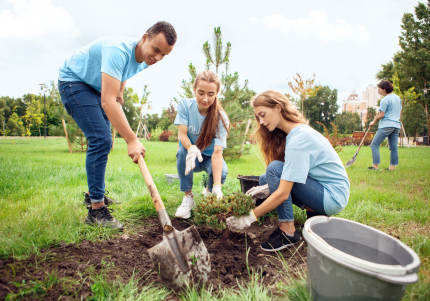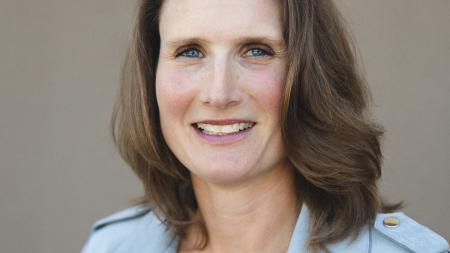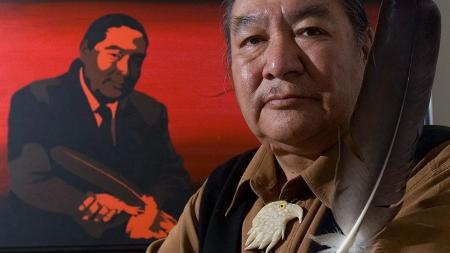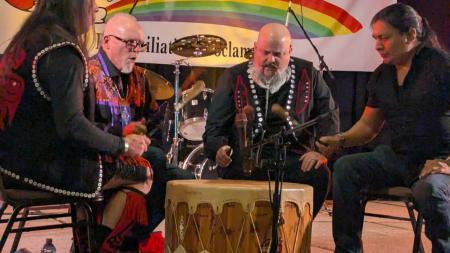Flipping the Script

Imagine your church creating an asset map of your neighborhood and uncovering that a local organization runs a mentorship program for youth. Instead of starting a new program from scratch, your church could support and partner with that existing initiative—building relationships and avoiding duplication.
Or picture a congregation hosting monthly community conversations at their church. These gatherings, could surface new leaders and ideas—from a shared garden to a pop-up repair café—that reflect the hopes and skills of local residents.
One church in a previous Asset Based Community Development cohort taught by Diaconal Ministries Canada used their learnings to reframe their food ministry. Rather than church volunteers serving the meal, they invited participants to help design the program. As a result, they added a social time led by community members, creating space for relationship-building.
How can churches move beyond charity toward community empowerment? How can we shift from doing ministry for people to doing ministry with people?
This fall, Diaconal Ministries Canada invites you to explore these questions in a transformative learning journey. The Flourishing Together Cohort—starting September 10, 2025—is designed for deacons, church leaders, and volunteers who want to rethink ministry and benevolence through the lens of Asset-Based Community Development (ABCD). Over five engaging sessions on Wednesday evenings via Zoom, participants will gain practical tools and fresh perspectives to help their churches better connect with and serve their communities.
Why Join the Cohort?
Too often, churches focus on meeting visible needs—offering food, clothing, or financial aid—without tapping into the existing strengths within individuals and neighborhoods. ABCD flips this script. It helps congregations recognize and build on the gifts, skills, and passions that already exist in their communities. The result? Sustainable transformation that fosters dignity and connection.
Participants will explore five key topics:
- Introduction to ABCD & Relational Reconciliation
Learn how ABCD works and why relationships are central to lasting change. - Identifying and Mapping Community Assets
Discover how to recognize the skills, associations, institutions, and physical spaces that can be mobilized for good. - Building and Strengthening Relationships
Use the Community Conversation Kit to host meaningful discussions that build trust and uncover shared hopes. - Engaging Leadership and Community Participation
Learn how to bring diverse voices to the table and include those who are often overlooked. - Visioning and Next Steps
Get personalized coaching to develop a plan tailored to your local context.
Nobody Has Nothing
Ultimately, how does this impact individuals and communities? When we focus on resilience and potential, not just struggle, ABCD changes the way we view people in difficult situations. By looking at people’s assets – skills and knowledge, relationships, cultural strengths and experiences, we learn to look through the fog of addiction, poverty, disability or unemployment, to see the God given potential in others.
The principles of ABCD align closely with the teachings of Jesus, who constantly empowered people by seeing their potential rather than their limitations. He called fishermen to become fishers of men (Matthew 4:19) and invited the marginalized to take part in the Kingdom of God. By engaging in ABCD, churches reflect the heart of Christ: recognizing the God-given potential in every person and community.
To learn more contact Rachel Vroege at [email protected] or register for the Fall ABCD Cohort at https://diaconalministries.com/events/




